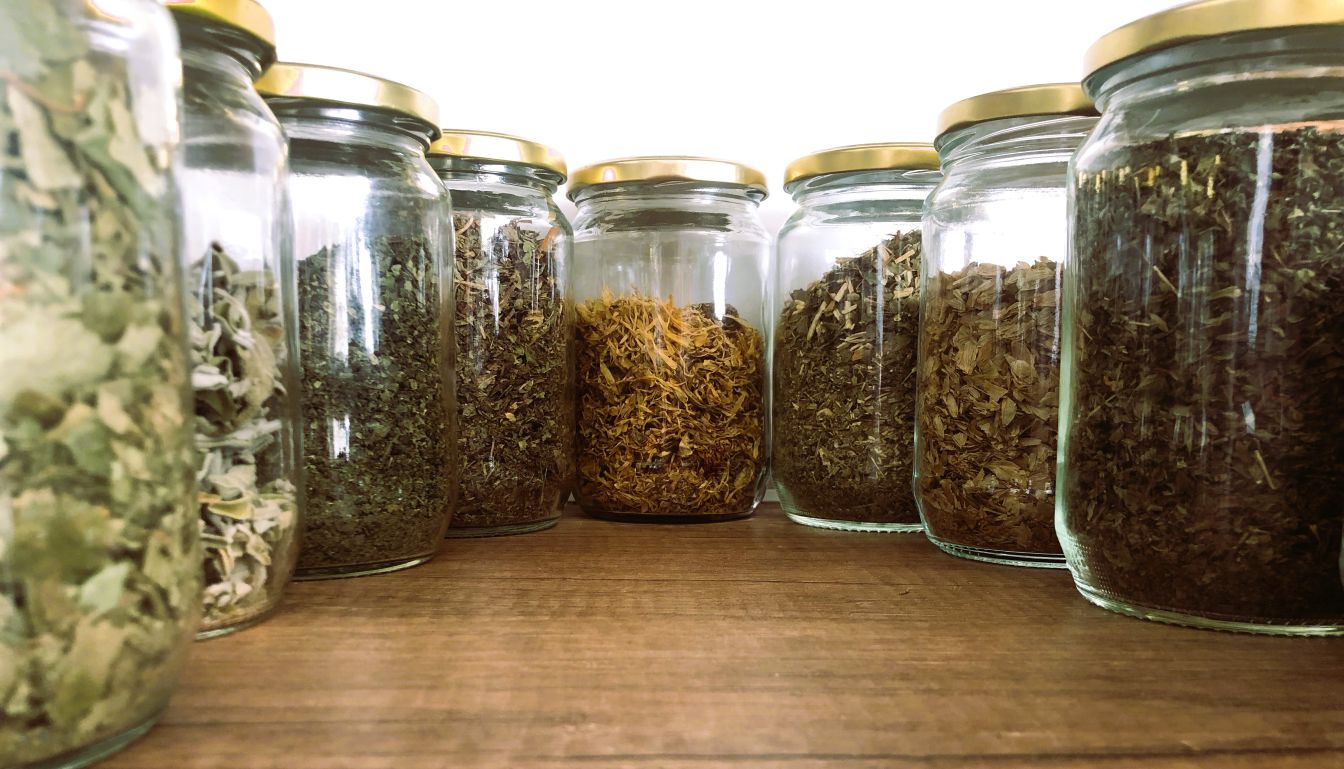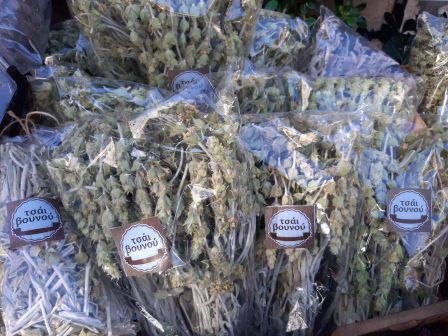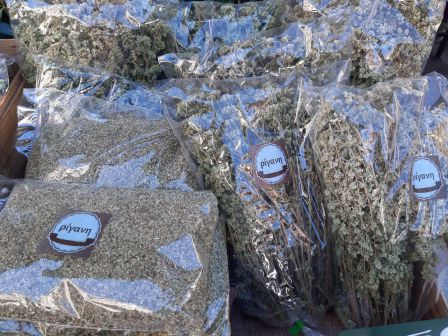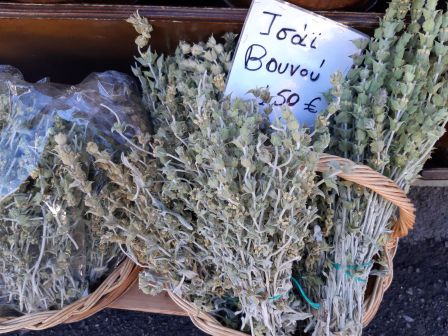From antiquity to modern times, herbs have been an integral part of human life, playing a dual role in nutrition and medicine. Their therapeutic properties have been recognized for millennia, with their use evident across many cultural traditions around the world.
Nutritional Value and Culinary Use
In cooking, herbs add flavor, aroma, and color to many dishes. Chefs and cooks use them to enhance the taste of food while simultaneously enriching the diet with significant nutrients. Whether fresh or dried, herbs such as rosemary, oregano, thyme, and mint are essential ingredients in cuisines worldwide.
Medicinal Properties
On the other hand, traditional medicine uses herbs for the treatment and prevention of various diseases. Herbs like chamomile, lemongrass, and echinacea are renowned for their anti-inflammatory, antispasmodic, and immunostimulatory properties. Modern research examines the scientific basis behind these traditional uses, often confirming their value through the discovery of active ingredients with significant medicinal actions.
Ecological and Economic Importance
Beyond their dietary and medicinal uses, herbs also have significant ecological and economic value. They are an important resource for biodiversity and provide significant ecosystem benefits. Moreover, the cultivation and trade of herbs can contribute to local and national economies while supporting traditional agricultural communities.
Sustainable Use and Cultivation
Sustainable cultivation and use of herbs are crucial. While overexploitation and illegal collection threaten some species, sustainable practices can ensure their preservation for future generations. Organic farming, environmentally responsible wild collection, and sustainability certifications are steps in the right direction.
Traditional Knowledge and Modern Applications
Today, modern applications of traditional herbal knowledge are more important than ever. Integrating traditional botanical knowledge into contemporary medical practice and pharmaceutical research opens new horizons for the discovery of innovative treatments. Ethnobotany, a field that studies the relationship between people and plants, is vital for preserving the knowledge surrounding herbs and their uses.
Herbs in Modern Life
In the modern world, herbs are not only elements of traditional cuisine or pharmacopeia but are also key ingredients in products such as cosmetics, aromatherapy, and homemade cleaners. The popularity of herbs in ecological and organic farming reflects a broader shift towards more natural and environmentally responsible living habits.
Challenges and Future
The challenges the world faces in the use of herbs include overharvesting, habitat loss, and the need for stricter regulations and education regarding their safe use. Bioavailability, interactions with pharmaceutical products, and the standardization of extracts are areas where further research is needed.
The future of herbs looks promising, as ongoing research and technological progress open new possibilities for the development and utilization of plant resources. Biotechnology, for example, allows for the optimization of active ingredient production and the creation of new plant-based drugs. Additionally, revising and reinforcing traditional knowledge through scientific validation provides a framework for the sustainable use of herbs.
The integration of herbs into everyday life in a way that respects the environment and the communities dependent on them enhances their recognition. With proper management and responsible use, herbs will continue to offer their valuable gifts to health, well-being, and gastronomy for coming generations.
LATEST RECIPES
GET LATEST UPDATES
Newsletter Subscribe
FEATURED ARTICLE

GET LATEST UPDATES
Newsletter Subscribe

























































































